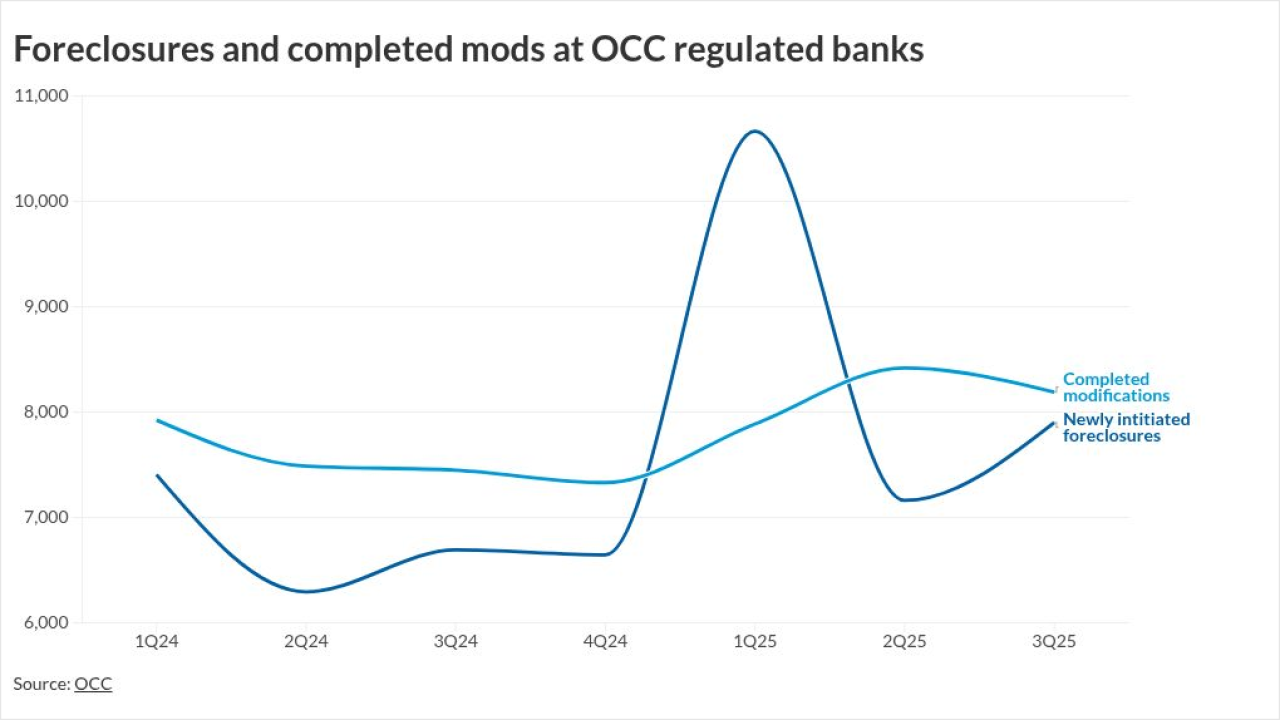A Pierce County judge says a notorious Seattle landlord — not thieves — tried to profit from cutting wires throughout a vacant Tacoma apartment building and ordered him to pay $1.1 million.
Developer Carl Haglund was unsuccessful defending himself against a lawsuit related to the scheme, and Superior Court Judge Kathryn Nelson ordered him to pay for it June 29.
"It was extremely difficult for this court to believe that a person would deliberately cut holes in drywall ceilings and surgically cut wiring throughout a building, as was done," Nelson, who heard the suit, wrote in her scathing decision. "However, there is more than a preponderance of evidence leading to this finding."
Haglund has filed a motion asking the judge to reconsider her decision. His attorney did not return a News Tribune phone call Wednesday.
Haglund made news in 2015 when The Seattle Times and other media reported on the soaring rents the landlord was charging after he bought a deteriorating South Seattle apartment building.
One woman told the Times her rent was going up by $1,000 for an apartment with a hole in the ceiling, a broken stove and other problems.
The Seattle City Council later passed what tenant advocates called the "Carl Haglund bill" to prevent landlords from raising rents on units with health or safety violations.
Haglund's South Sound trouble is a different saga and involved an apartment building in the 8400 block of Pacific Avenue of Tacoma.
The 11-unit building belonged to a company called Pacific 5000, which was owned by a man named George Humphrey.
In its lawsuit against Haglund, Pacific 5000 alleged the landlord wanted to buy the building and damaged it to bring down its price in a sale or its value in a foreclosure.
According to the suit:
Pacific 5000 had a loan for the building from what used to be Fife Commercial Bank (later acquired by Kitsap Bank.) In June 2015, the bank transferred the loan to a Haglund-owned company, 3320 MLK.
The month before that deal closed, Haglund entered the building and damaged its wiring, "to purchase the property cheaply due to the damage he did," Nelson wrote in her decision, "or if Mr. Humphrey would not sell below market value, foreclose with a deficiency judgment."
A deficiency judgment requires a borrower to pay a lender if foreclosure doesn't bring in enough to cover the loan.
Instead, Humphrey sold the building to someone else, and it since has been restored.
In her ruling, Nelson rejected Haglund's argument that copper wire thieves might have damaged the building, before being interrupted and leaving.
Copper on the property that would have been easier to get was left alone, the judge noted.
Nelson also wrote that Haglund tried to point the finger at Humphrey for the damage, by suggesting it had to do with an unpaid electrical contractor.
But the payment dispute was a couple years old by the time the damage was done, the judge wrote.
She also pointed out that Haglund contacted a witness during the trial to ask "for help to avoid a million-dollar judgment."
Nelson then ordered Haglund not to speak with witnesses without an attorney but he followed one into the hallway. The judge wrote that she "directed others to see to Mr. Haglund's return before there was time to discuss matters."
She also addressed the role of Fife Bank, which she said "conspired and financed Mr. Haglund" and "unethically concealed" some of his actions.
Earlier this month Haglund filed a motion for reconsideration of Nelson's ruling, stating that he "is not a 'notorious slumlord' " as he believes Pacific 5000 has portrayed him.
He also argues that he wasn't interested in the building.
"Mr. Haglund had no motivation whatsoever to interfere with the property or the sale, because doing so would have potentially jeopardized Mr. Humphrey's ability or willingness to pay off the loan owed to Mr. Haglund," the motion reads.
Asked about the lawsuit, Humphrey told The News Tribune: "As a sophisticated business person, (if) you can pull a stunt like this on me and hide it, what happens to the average person?"




